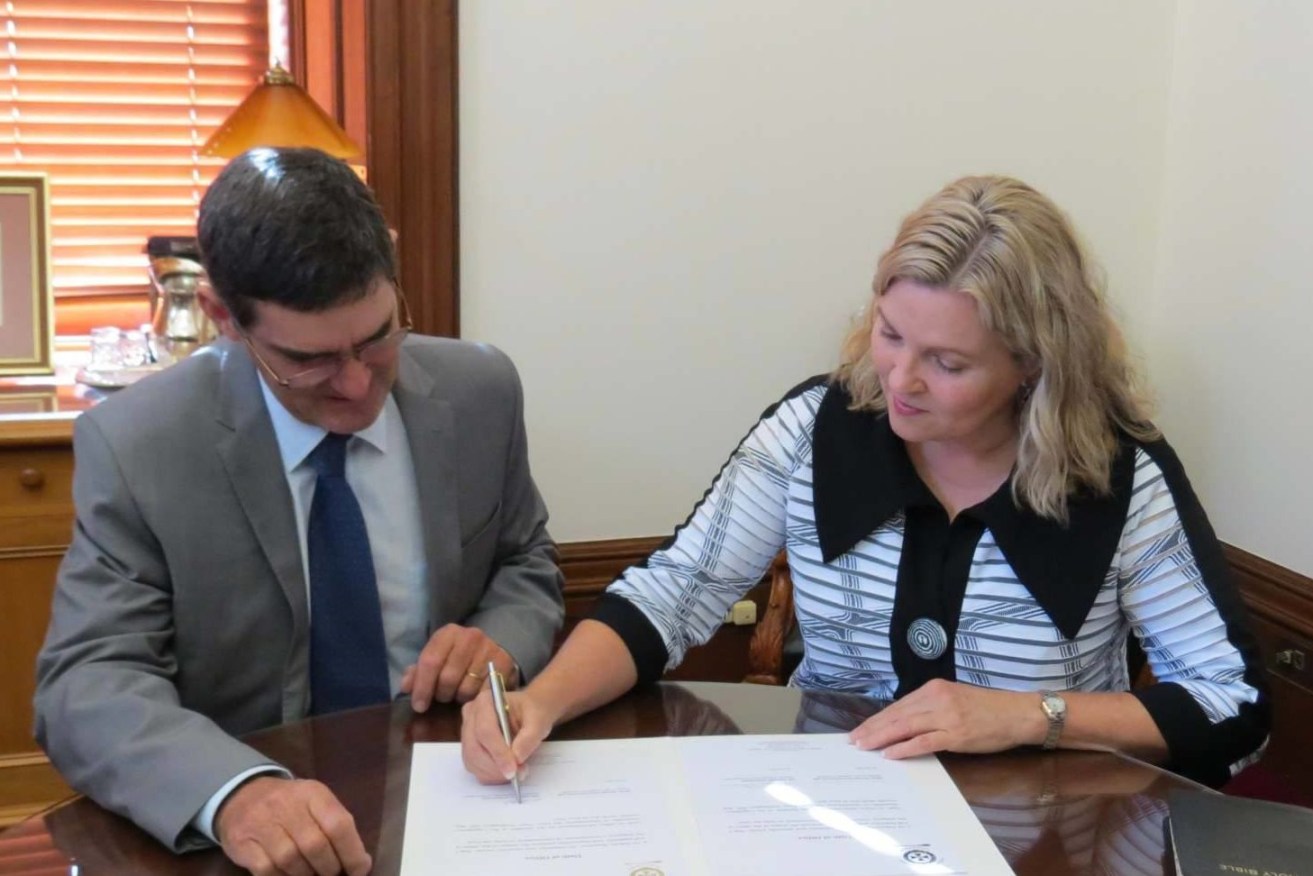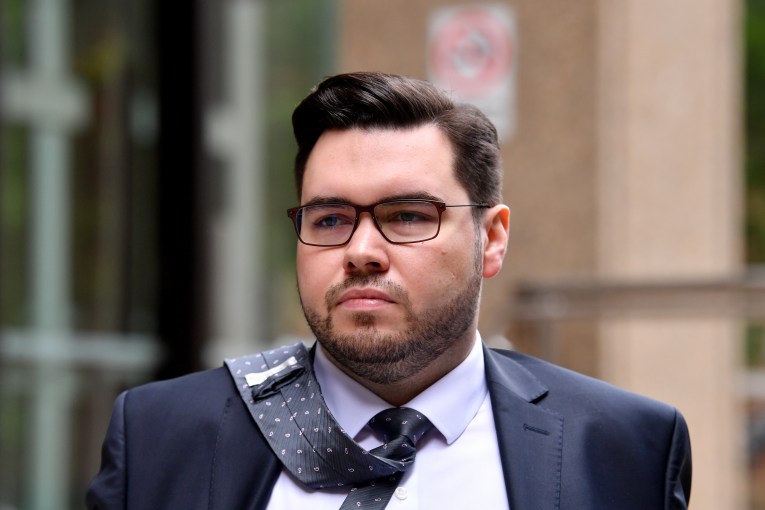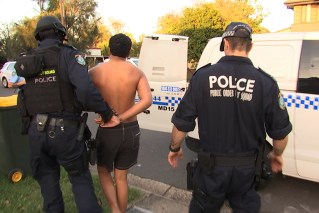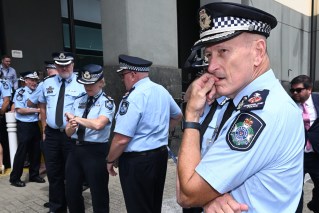So many questions, so little time to answer matters of Integrity
Integrity Commissioner Nikola Stepanov is having to triage requests for help, much like the state’s over-run public hospital emergency departments.

Nikola Stepanov became Integrity Commissioner in 2017. (Supplied)
Dr Stepanov told a meeting of the influential Integrity Committee in March, as the state budget was being prepared, that she had already had to “introduce some interim service limits to manage demand”. She said the previous five months had been “very busy” and, in December alone, there had been more requests for advice than her predecessor would normally receive in an entire year.
However, the budget did not include any significant increase in resources – integrity functions are bundled in with the Public Service Commission under Department of Premier and Cabinet allocations – despite the ongoing pressure on Stepanov and her office.
Stepanov told InQueensland resourcing issues had been an ongoing topic of discussion and she had recently received “additional interim support”.
However, she also cited a 2019 review by Peter Bridgman who, at the request of the Palaszczuk Government, found that bundling the Integrity Commissioner with the Public Service Commission was “neither administratively efficient nor free from potential conflicts between the two entities’ functions”.
“I concur with Mr Bridgman’s findings,” Stepanov said.
Bridgman recommended further research and consultation on the conflict, which may now be done as part of the strategic review of the Integrity Commissioner’s functions. Although the independent strategic reviewer, Kevin Yearbury, will not release a discussion paper, and has yet to release any submissions, his terms of reference require him to examine whether the Integrity Commissioner’s office is performing “economically, effectively, and efficiently”.
Yearbury will examine the structural relationship between the Integrity Commissioner and the Public Service Commission, and whether additional powers are needed to regulate the lobbying industry.
Stepanov, whose term expires in 2023, welcomed the strategic review, which will report to the Palaszczuk Government by the end of the year.
“Ultimately, the functions of the Integrity Commissioner and how the Integrity Commissioner is supported in terms of resources is a matter for Parliament and Government, taking into account the outcomes of the Strategic Review,” Stepanov said.
Stepanov is unable to delegate her advice role, and has experienced a surge in requests relating to lobbying matters – a 10-fold increase between 2013 and 2017 alone – as well as a more recent increase in formal complaints about registered and unregistered lobbyists.
“To ensure that, irrespective of demand, there are no negative impacts on the standard and quality of advice I provide, I introduced a system of prioritising requests for advice according to potential impact on public interest, and limiting the range of matters that I provide advice on to those matters involving a substantive ethical issue, as opposed to those matters that are largely a question of law, policy, process, or other administrative matters; or matters that fall under the jurisdiction of other agencies,” Stepanov said.
It is unclear whether the pressures on the Integrity Commissioner might undermine the state of the public sector. The Clerk of the Queensland Parliament, Neil Laurie, recently warned that “some of the wider safeguards that existed prior to and immediately after the Fitzgerald inquiry and report have now been fatally weakened”.
The last strategic review, by Professor Peter Coaldrake, led to the Integrity Commissioner having more work, particularly in overseeing the lobbying industry. However, Coaldrake also warned that “Queensland’s collective integrity landscape is crowded” and the government should consider how best to deliver such functions.
The Integrity Committee, which has heard Stepanov’s concerns about her workload increasing over the past four years, includes the Crime and Corruption Commission chairman, Information Commissioner, Electoral Commissioner, Independent Assessor, Auditor-General and Ombudsman, Public Service Commissioner.












